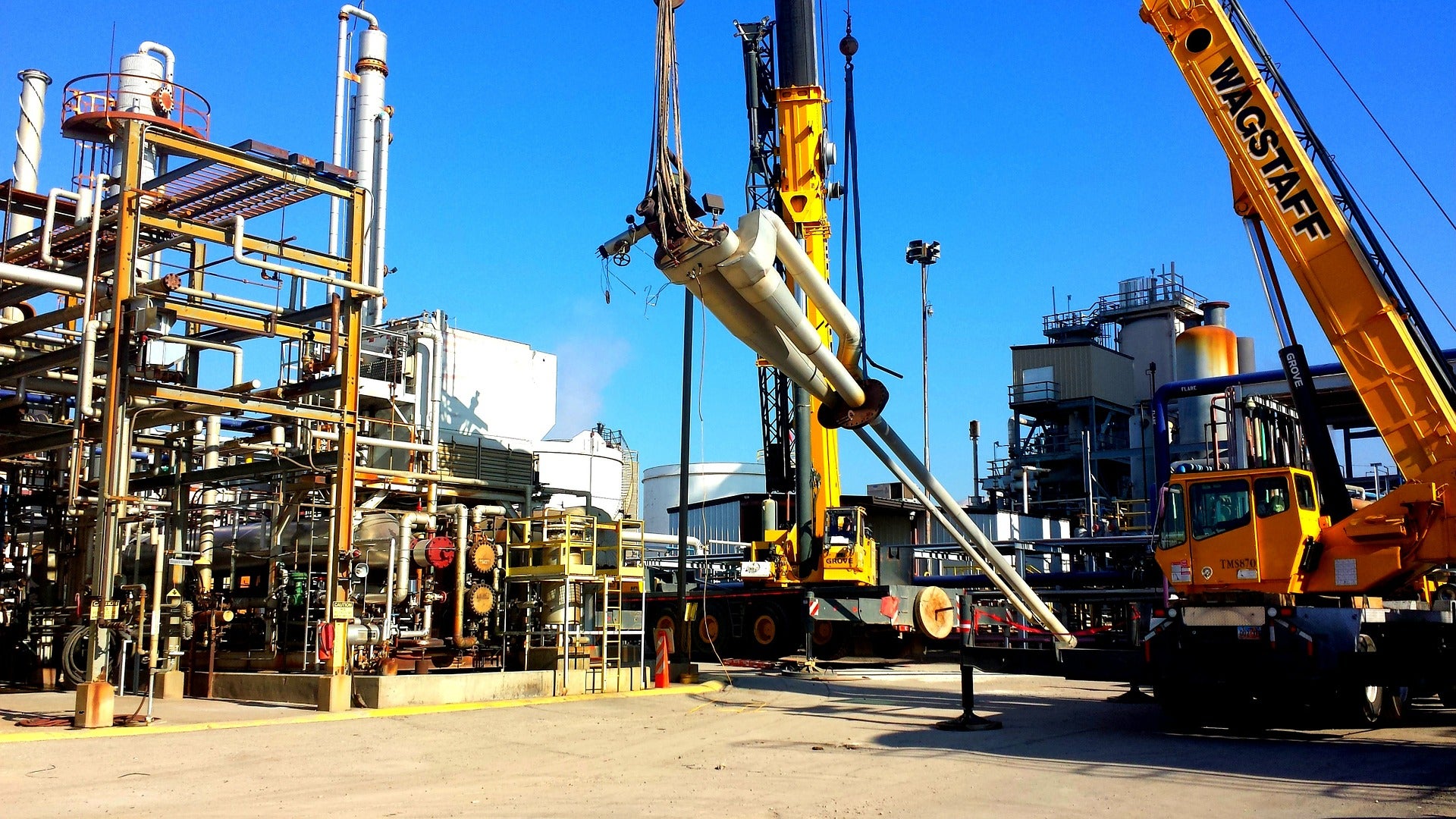
Indonesia’s president Joko Widodo said on Thursday that Indonesia will improve monitoring of environmental standards for nickel mining, Reuters reports.
The announcement comes amid concerns over the impacts of producing the metal, which is used increasingly in electric vehicle (EV) batteries.
Indonesia has the largest nickel reserves in the world. Widodo has said that the country will step up scrutiny of its mining operations by ordering companies to manage plant nurseries to aid reforestation efforts.
“The most important thing is monitoring. The management control system must be strengthened. Routine evaluations must be conducted,” Widodo said during an interview with Reuters at the nickel mining town of Sorowako on Sulawesi Island. He added that he would ensure all miners follow international best practice.
He also said that he would only permit new smelter permits if they are powered by renewable energy sources. He added that existing facilities currently using coal power will receive deadlines to switch to their energy sources to renewables.
Nickel mining and smelting has become a major part of Indonesia’s economy, with billions of dollars of global investment flowing into the country after its government banned exports of unprocessed ore in 2020.
However, environmental groups have said Indonesia’s nickel production has polluted key production sites in its Sulawesi and Maluku islands. Waters in some coastal areas have been turned red, Reuters reports.
Mining companies have also been accused of land grabbing from local communities, and miners have protested over rights and safety standards this year. In January, two miners were killed in riots at a nickel smelter as clashes over pay and safety turned deadly.
“Sustainability is measured in two aspects: how long your reserves last and operations of the mines. ESG cannot be bargained for if we want to continue to go forward,” Widodo told Reuters.
Melky Nahar, of Indonesia’s Mining Advocacy Network (JATAM), said many companies did not comply with standards and questioned if there could be “political will” to enforce environmental rules.
Key player in the EV supply chain
Indonesia has seen a record year for public listings, with nickel companies driving the charge. Widodo has said that he hopes Indonesia will become a key player in the global EV supply chain. “Around 60% of electric cars will depend on [Indonesian] EV batteries, 60% of the world’s market share,” he said.
Ford announced yesterday plans to invest in a $4.5bn battery materials plant in the Southeast Asian country, alongside a Chinese mining group. The American carmaker will team up with China’s Huayou Cobalt and Brazilian miner Vale.
Widodo has praised Vale in the past for mining nickel in Sorowako for decades without polluting nearby waters.
Last July, Ford and its partners in the new plant signed a memorandum of understanding in which it was stated that the US carmaker would hold a 17% stake. Huayou was set to hold a 53% stake, and Vale 30%. Vale confirmed on Thursday its 30% stake, but Ford and Huayou are yet to clarify the size of their holdings.
The investment follows Ford’s announcement last month that it would license technology from China’s CATL, the world’s largest battery maker, in a move that drew criticism from some US policymakers, the Financial Times reports.
The decision to deepen ties with lower-cost Chinese battery makers is a gamble against new tax incentives brought in by the Biden administration’s Inflation Reduction Act, which will allow up to $7,500 in tax credits on electric vehicles that use batteries with components sourced from within the US or North America.



